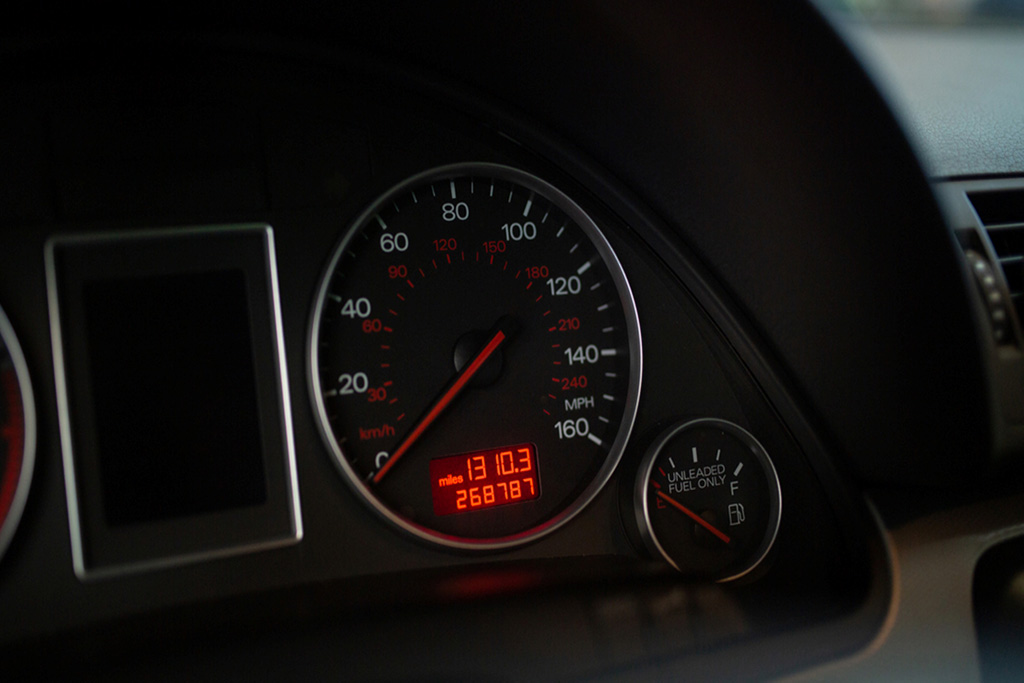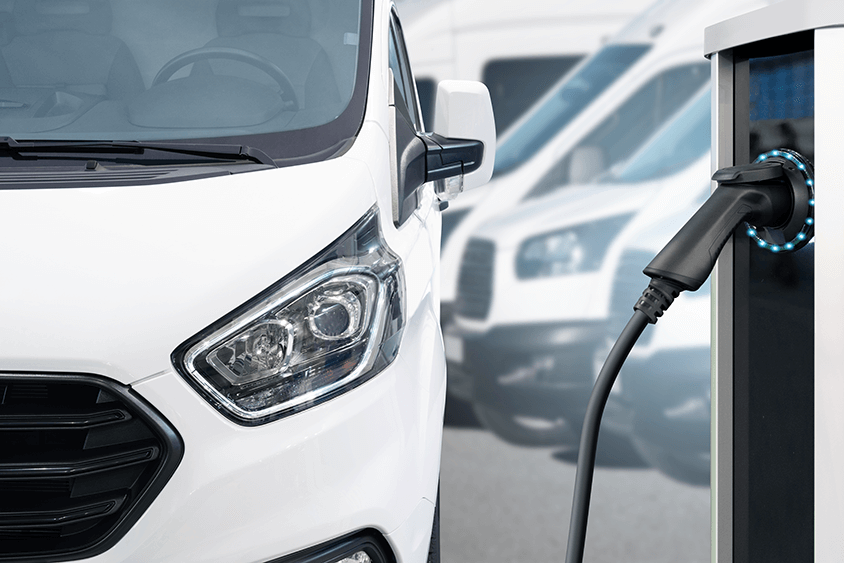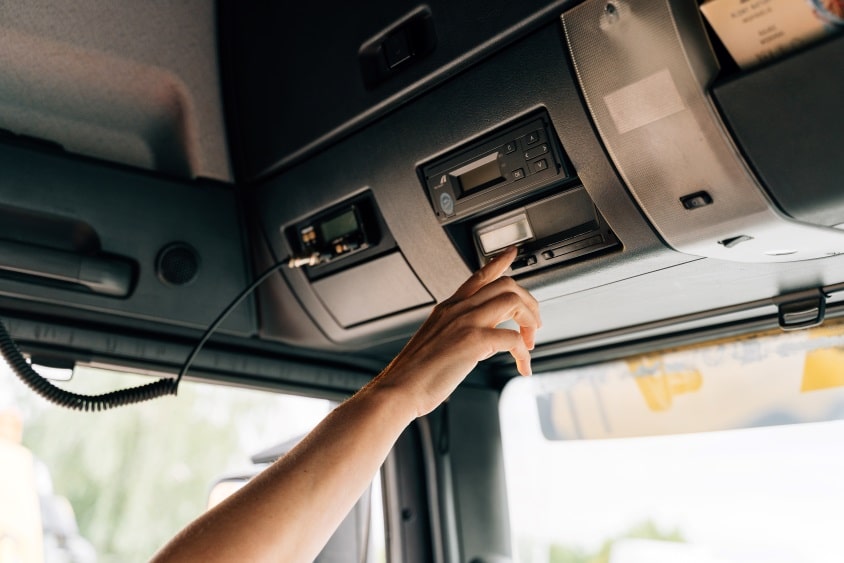What is Business Mileage and How Do You Claim It?
Written by: Simon Pavey, Last updated:9th October 2023

Driving to deliver goods, meet clients or just commuting between work sites can quickly rack up costs, especially for larger fleets. Businesses can also be affected by frequent, short journeys too. But, there are ways to reduce travel costs within your businesses expenditure.
HM Revenue & Customs (HMRC) grants a ‘business mileage allowance’ to each company vehicle that is in professional use. There are, however, rules that could affect your eligibility. The way your business is structured can also have an impact.
Using a company car for personal use
It’s very important that you clearly distinguish what ‘professional use’ is and what ‘personal use’ is. Ensuring your fleet drivers understand what mileage can be claimed on business mileage allowance makes the process of claiming it much easier
Some employees and business owners only ever use company vehicles whilst working. Using a company vehicle in this way would most definitely fall into professional use quite comfortably.
For employees who take their company vehicle home with them for use in their own time, personal and professional mileage must be separated and reported as such. Journeys such as commuting to and from work will not qualify for tax relief as this is not classed as professional use.
Claiming mileage on personal vehicles
Cars and vans that are classed as ‘personal’ (i.e. owned by a member of your fleet staff) can claim back a mileage allowance of 45p for the initial 10,000 miles in a single tax year. Anything above this threshold can be reclaimed at 25p per mile. This policy is also designed to cover maintenance too.
Motorcycle owners can claim back 24p per mile and this remains the same regardless of how far they travel in the financial year.
It doesn’t matter if an employee uses more than one ‘personal’ vehicle in a single year, the tax is calculated using the combined mileage of all of their vehicles.
Distinctions for company vehicles
By contrast, a ‘company’ vehicle claims relief based on fuel expenditure. The amount you can claim varies depending on the type of fuel used, as well as the size of your engine:
| Engine Size | Petrol | LPG |
| Up to 1400cc | 13p | 10p |
| 1401cc – 2000cc | 15p | 12p |
| More than 2000cc | 23p | 18p |
*Advisory Fuel Rates from June 2023
It’s also important to note that these numbers aren’t static. They’re dictated by AFR (Advisory Fuel Rates) from the Treasury. Global fuel trends cause them to fluctuate: it’s therefore worthwhile checking back every three months to see if the figures have changes.
| Engine Size | Diesel – amount per mile |
| 1600cc or less | 12p |
| 1601cc – 2000cc | 14p |
| Over 2000cc | 18p |
*Advisory Fuel Rates from June 2023 (Diesel)
As you can see from the second table, the rates change for diesel vehicles. Most notably, the biggest change can be found in the engine size, which stand at 1600cc or less, 1601 to 2000cc and over 2000cc respectively.
How to claim business mileage
As you claim for fuel expenditure under a company car’s mileage allowance, the AFR pricing table is a useful guide when you’re setting a fuel expense policy for your business. This will help give you the confidence that your policy is fair and cost-effective for everyone involved.
In some fleets, drivers will pay for their own fuel themselves and then claim the mileage allowance they are owed on their Class 1 National Insurance contributions, up to the thresholds we have outlined above, alternatively, a company can pay for the fuel while reclaiming the tax themselves.
Whatever the case may be, a robust payment record is essential.
The HMRC requires that you supply all receipts and records of all fuel expenditure. Fleets that have personal and company vehicles need to keep track and make sure that their records are HMRC compliant. Generally, there needs to be a set of dates, figures and total mileage to claim back everything you’re due.
Tracking mileage and managing admin with MileageCount
While it’s ultimately your decision as to how employees use their fuel cards, setting out a clear policy and tracking their usage is important. MileageCount records and reports every mile of every journey in any vehicle, to help reduce your mileage claims by up to 21% and save valuable admin time for your drivers.
MileageCount is easy for both drivers and managers to use – get in touch today to find out more!
back




